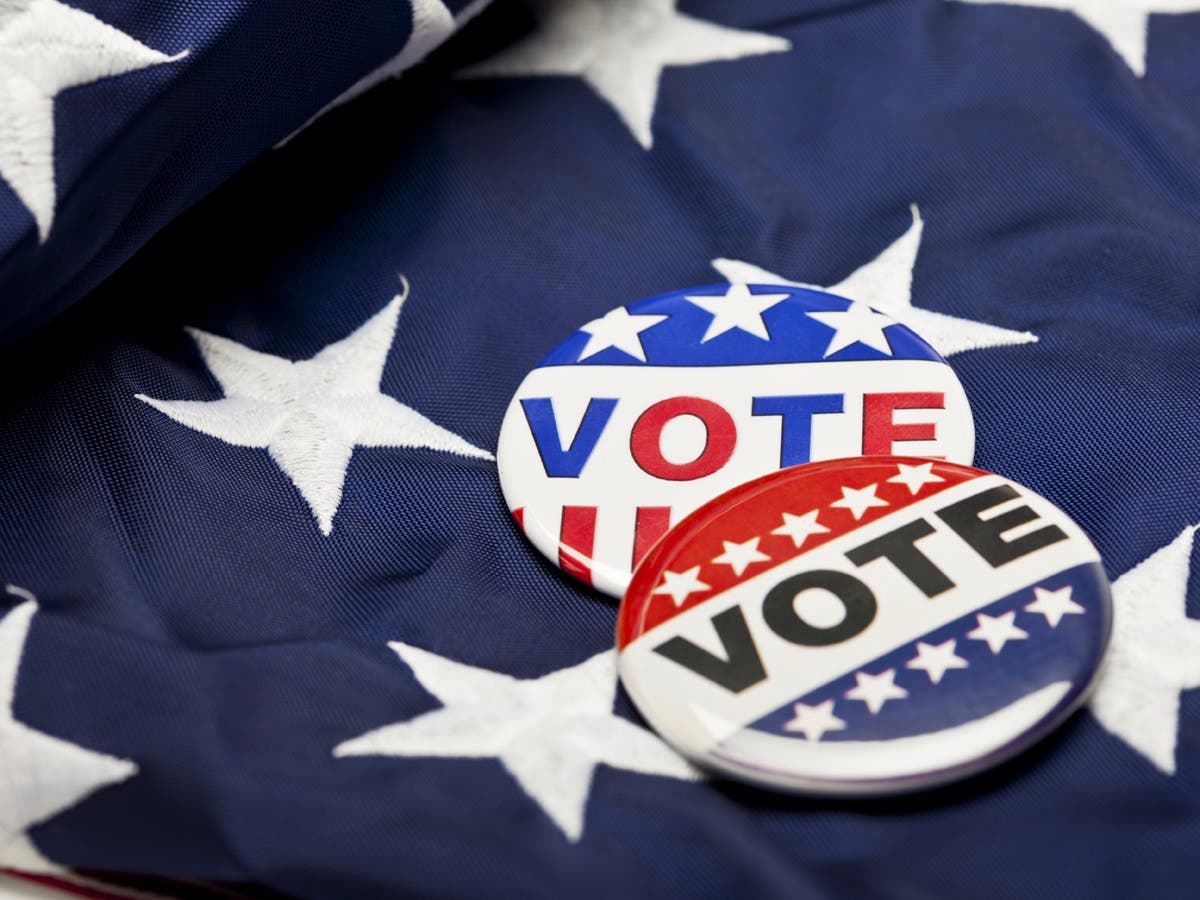Politics & Government
South Dakota Voters To Decide On Out-Of-State Fundraising Ban
The initiative would ban contributions to ballot question committees from nonresidents, out-of-state political committees and other groups.

PIERRE, SD — South Dakota voters in November will decide whether to outlaw out-of-state fundraising for citizen initiatives, the state's elections chief said on Thursday. If passed, the measure would impose major new restrictions on how ballot questions are funded in the state.
But experts are wary of the practical implications. They said such proposals probably wouldn't be upheld if challenged in the courts. Secretary of State Shantel Krebs' office said in a statement the ballot question will be named Initiated Measure 24.
Republican House Speaker Mark Mickelson, the initiative's sponsor, said it's necessary to preserve the ballot measure process for state residents and to prevent "out-of-state liberal political groups and business interests from using South Dakota as their playground for their ideas."
Find out what's happening in Across South Dakotawith free, real-time updates from Patch.
"All we're asking for is the people live under the laws that they advocate for," Mickelson said.
The measure comes after out-of-state donors pumped over $10 million into campaigns for or against South Dakota questions during the 2016 election cycle. Republican lawmakers in several states have complained about outside interests meddling with local laws.
Find out what's happening in Across South Dakotawith free, real-time updates from Patch.
The South Dakota initiative would prohibit contributions to ballot question committees from nonresidents, out-of-state political committees and entities that haven't filed with the Secretary of State's office for the preceding four years.
A bill capping out-of-state contributions failed in the Legislature last year; lawmakers in Arizona and North Dakota also introduced similar bills, but they weren't approved, according to Ballotpedia.
The South Dakota attorney general's explanation of the 2018 ballot measure says it's likely to be challenged on constitutional grounds.
The U.S. Supreme Court has interpreted the First Amendment as prohibiting any limitations on money in ballot measure elections, said Paul S. Ryan, vice president of policy and litigation at the nonprofit Common Cause.
"I'm confident that there are no other laws similar to what is being proposed in South Dakota," Ryan said.
The high court has said that contributions to candidates can be limited to prevent the corruption of public officials.
Backers needed nearly 14,000 valid signatures for the South Dakota initiative to go before voters. Supporters turned in roughly 18,000 signatures, and a random sampling found about 81 percent were valid.
The deadline for a citizen to challenge the measure's approval for the ballot is Feb. 5.
Image via Shutterstock